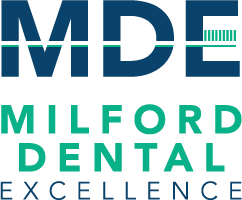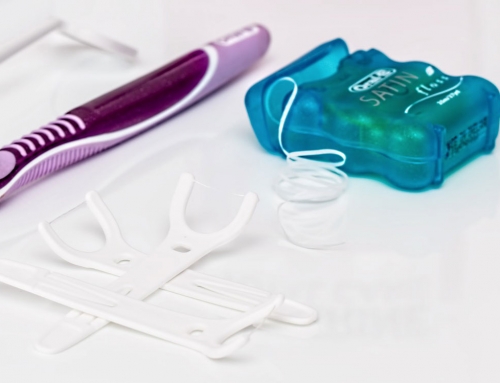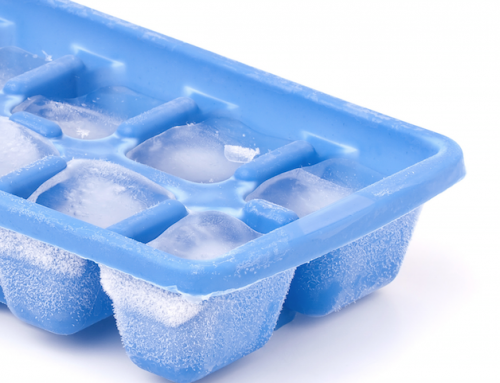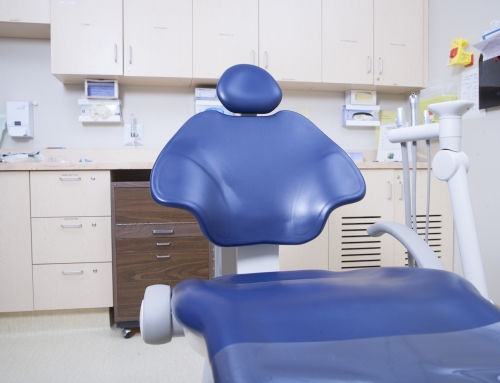Saliva acts as a buffer that maintains the acid/base balance in your mouth. Saliva is produced by salivary glands, located in our cheeks and under the tongues. Two types of saliva are produced by these glands, serous saliva, and mucous saliva. Serous saliva is the “wet and watery” kind of saliva, and mucous saliva is “sticky and thick.” Mucous glands provide proteins that are important in digesting food. Serous glands mainly produce buffering chemicals.
Why do we get more cavities with age?
As we age, fat is stored in the serous glands and replaces the cells that produce saliva. This slowly decreases the amount of serous saliva that is produced. This process can easily lead to xerostomia, also called “dry mouth.” When the mouth does not have enough of this saliva, your mouth becomes more acidic. Cavities are formed from acids in your mouth, so when serous saliva is not there to balance the acids, decay is more likely to occur.
There are also some medications that can cause dry mouth. Medications that treat heart disorders, arthritis, and blood pressure may contribute to dry mouth.
Many natural changes occur as we age, and changes linked to dental health are no exception. This is why routine visits to the dentist are important. As you age, more frequent trips to the dentist may be necessary in order to catch any early signs of cavities. By practicing good dental hygiene at home and scheduling regular cleanings, you can make sure that your teeth remain healthy as you age.
Concerned about cavities?
If you think you may have a cavity, be sure to schedule an appointment at our office in Milford, OH.









